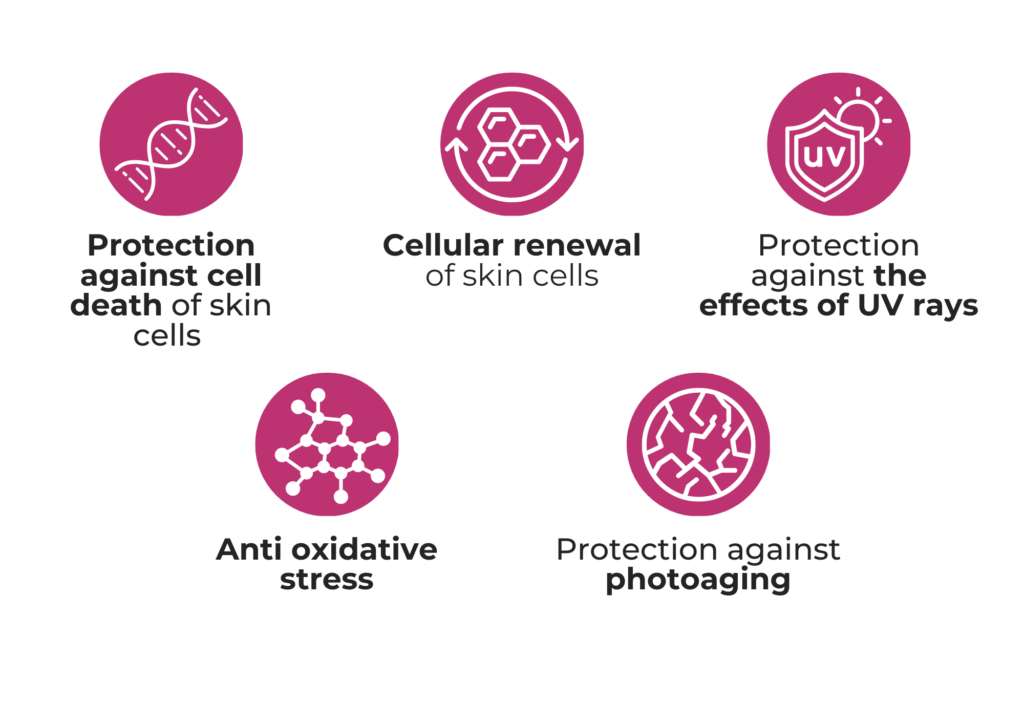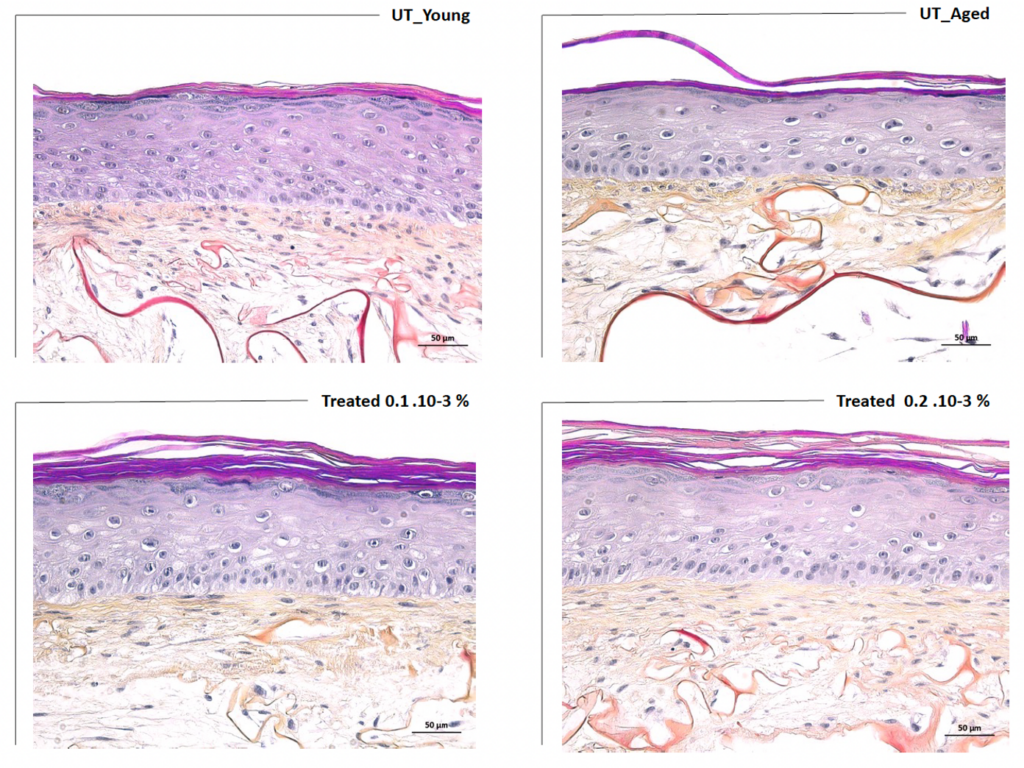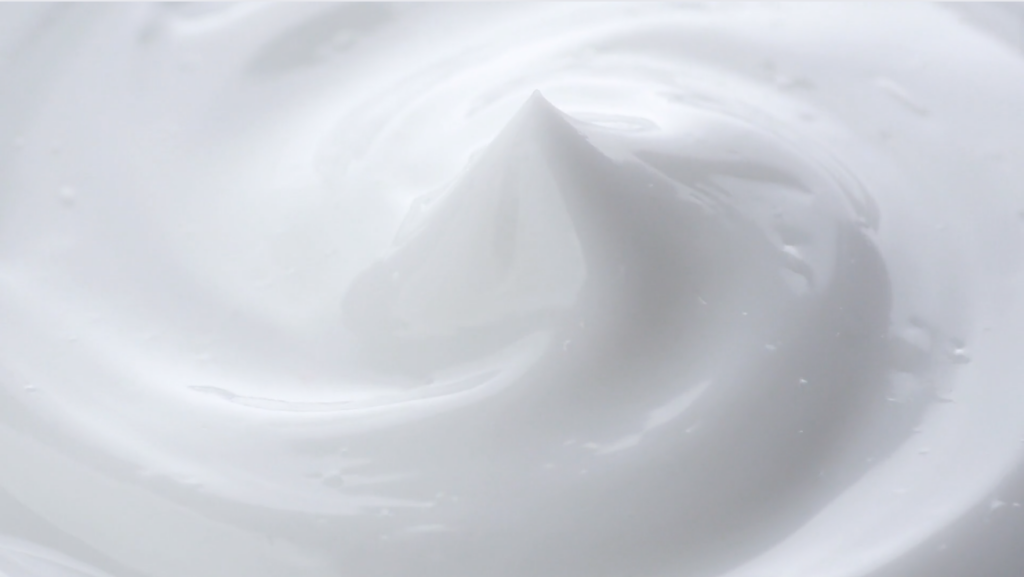Cosmetics

A cosmetic innovation based on Willaertia lysate
Alongside the development of its biocidal and biocontrol applications, Amoéba discovered in October 2023 that the Willaertia lysate could be of interest in cosmetics. This cosmetic innovation could provide the market with a multi-purpose solution :

A major discovery enabled by two studies carried out by specialized laboratories
To confirm this potential, two studies were carried out by specialized laboratories.
A first study to assess the level of induction of target genes of cosmetic interest
The aim of the first study was to assess the level of induction of target genes of cosmetic interest following contact of laboratory-grown human skin cells with Willaertia lysate.The results showed that treatment of human cells with Willaertia lysate stimulates cellular functions of cosmetic importance, including wound healing, hyaluronic acid synthesis and anti-infectious immunitý. Researchers also observed a very strong stimulation of cellular functions responsible for protection against cell death, cell renewal and UV protection, as well as anti oxidative stress and photoaging functions.


A second study carried out by LabSkin Creations, specialists in 3D skin engineering and suppliers to the world’s leading cosmetics brands.
In this second study, Willaertia lysate was applied every 2-3 days for 30 days to a reconstructed skin model to assess the effect of the lysate on aging skin. Part of the tissue was exposed to UVB to assess the level of protection induced by the lysate.
Results on the 3D model of aging skin and on the 3D model of young skin exposed to UVB showed that treatment with Willaertia lysate increases epidermal thickness and improves the quality and abundance of the extracellular matrix, essential for the cohesion of skin compartments.
Perspective and research
On the basis of its discoveries, Amoéba is pursuing its research into this cosmetic innovation, and will shortly be initiating clinical tests on volunteers.
At the same time, the company plans to carry out further cosmetic tests, notably on hair, in order to assess the cosmetic interest of Willaertia lysate in other applications and to deepen its knowledge.


Regulatory
The convincing results of these studies led Amoéba to file a patent to protect the use of the lysate as a cosmetic ingredient.
The patent for this cosmetic innovation was filed with the French Patent Office INPI (Institut National de la Propriété Industrielle) in October 2023, under the following title: “Cosmetic composition comprising protozoa”. Our technology is registered on the INCI list.
Unlike the biocidal and biocontrol applications developed by the Company, the placing on the market of a cosmetic product does not require prior approval by a competent authority in Europe and the United States. Thanks to this discovery, Amoéba could offer the cosmetics industry a safe and innovative ingredient.
